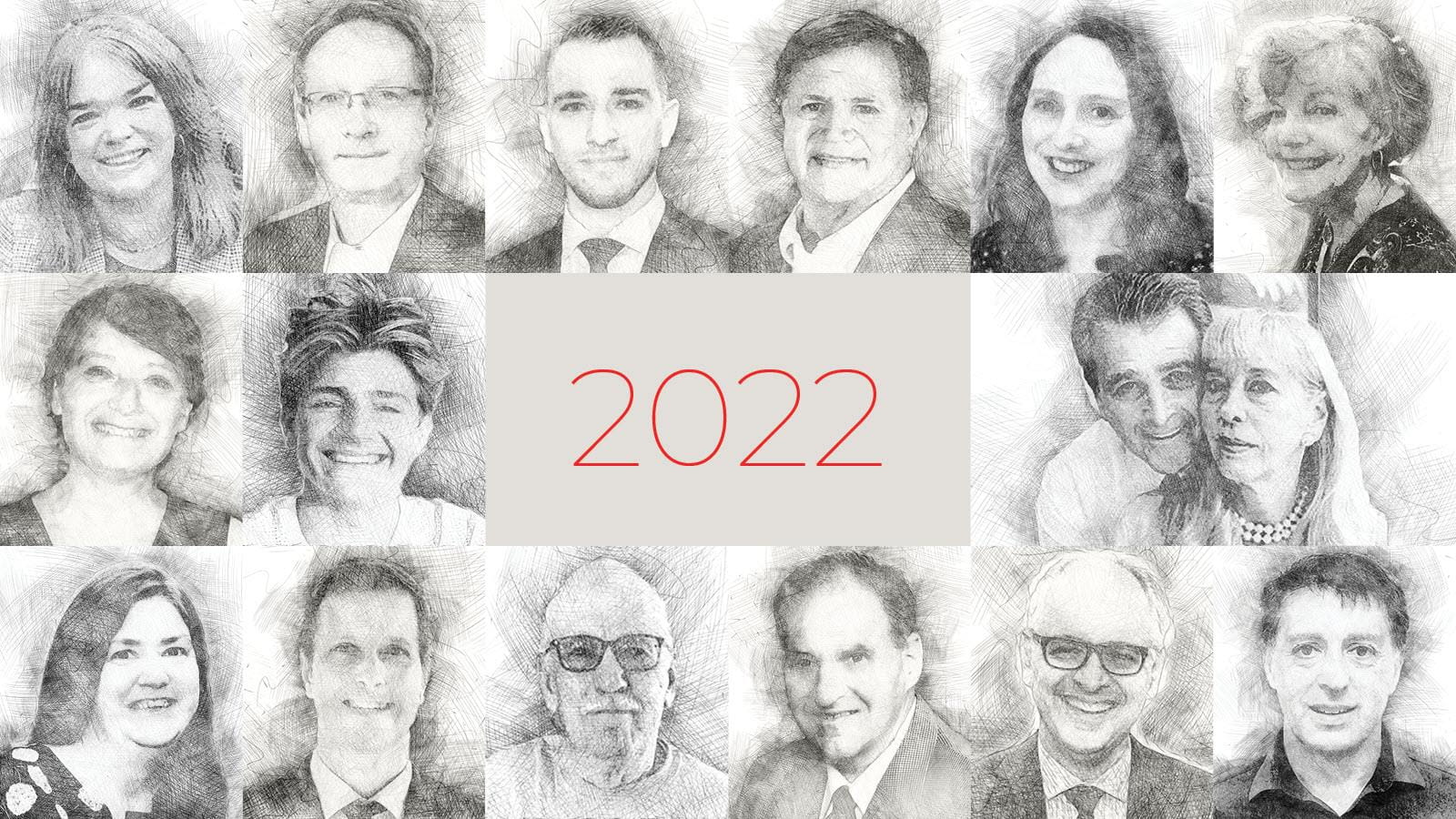The COVID-19 pandemic forced patient organizations to rewrite their play books for just about everything.
Want to get patients together for a big conference? OK, but it will have to be fully virtual.
Setting up a big fundraiser? Sure, just don’t do anything that draws a crowd.
Plus, patient groups had to ramp up quickly to serve as clearinghouses for information about how COVID-19 would affect patients living with unique health circumstances.
Given all that, we wanted to know what “community” looks like in 2022 to those who advocate for patients with rare and serious diseases. The 16 people we surveyed told us they now know how to pivot and adjust – something that will help communities grow and evolve in the new year.
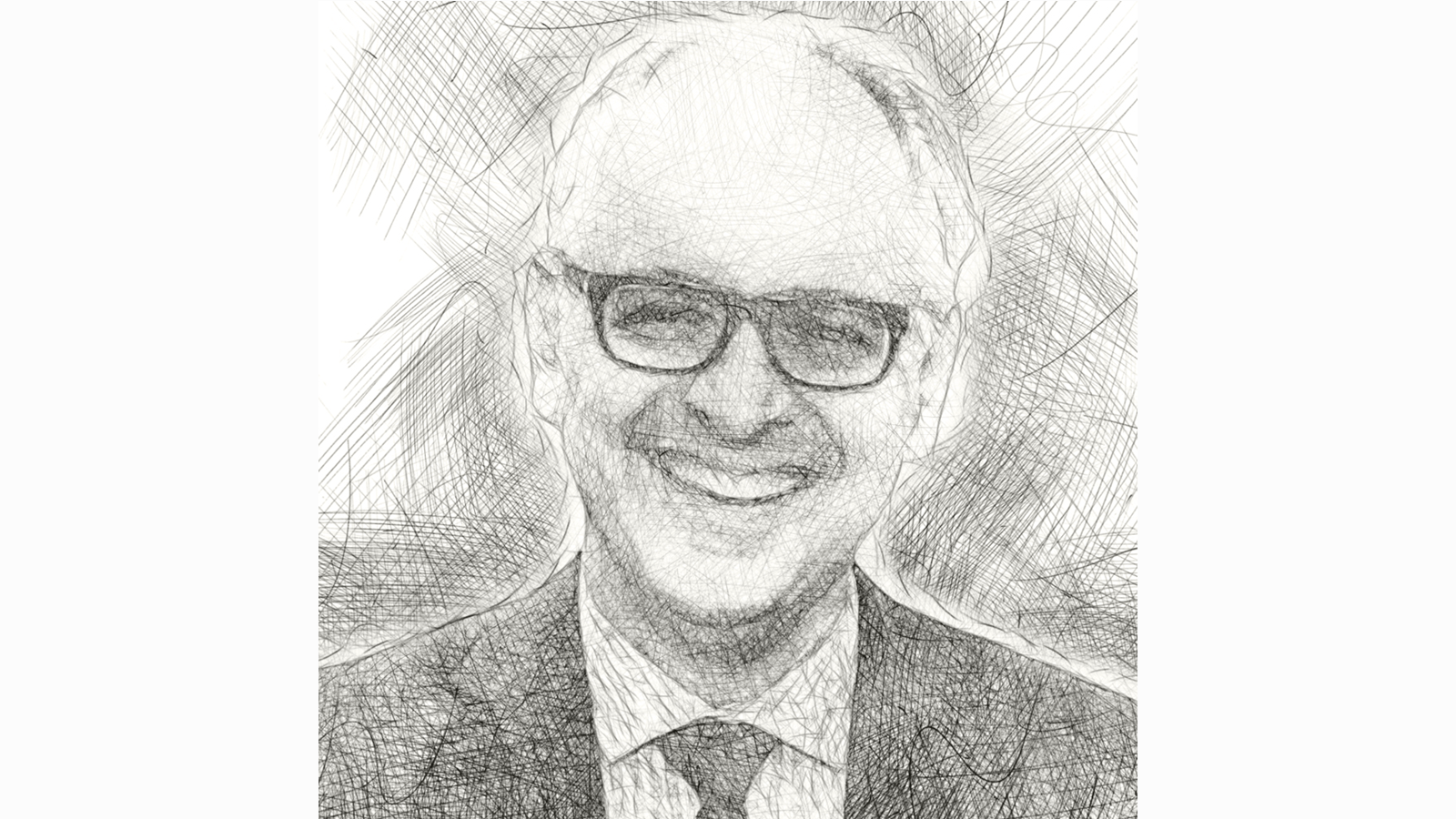
Alain Baumann, CEO
World Federation of Hemophilia
The Bleeding Disorder community was forever changed since the beginning of the COVID-19 pandemic, like so many others. The community has now developed many tools and procedures to be able to continue to gather and exchange safely. At the WFH, we are moving forward with a hybrid model. We will continue to spread knowledge to our worldwide communities using webinars and internet however, we believe that we need to meet with them to foster deeper collaboration. This is why our 2022 Montreal Congress will have a hybrid format, broadcasting major sessions online and welcoming our community in an in-person event.
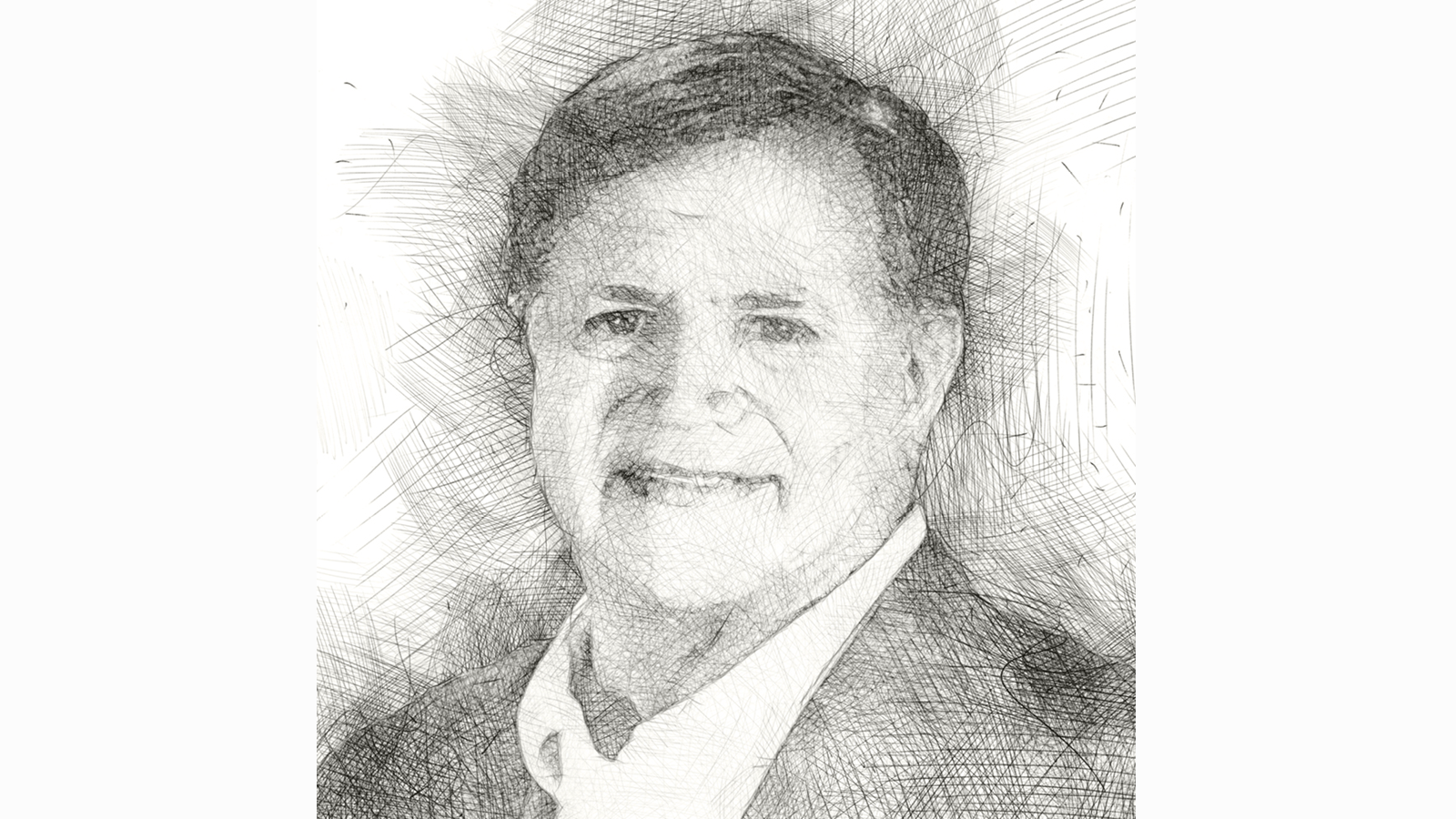
Anthony J. Castaldo, President and CEO
US Hereditary Angioedema Association (HAEA)
The sense of belonging is what galvanizes the HAEA community and our goal is to continue finding creative ways to cultivate that feeling. We are very fortunate that the HAEA community has embraced the idea of participating in our programs, activities, and services through virtual platforms. There is, however, a significant pent-up demand for face-to-face meetings, so for 2022, we are planning a “hybrid” approach to delivering all that we offer to our HAEA friends. While the pandemic has altered the way we interact, the notion of community – an indomitable spirit of shared purpose – is immutable. We will continue doing everything humanly possible to nurture and even grow that sentiment.
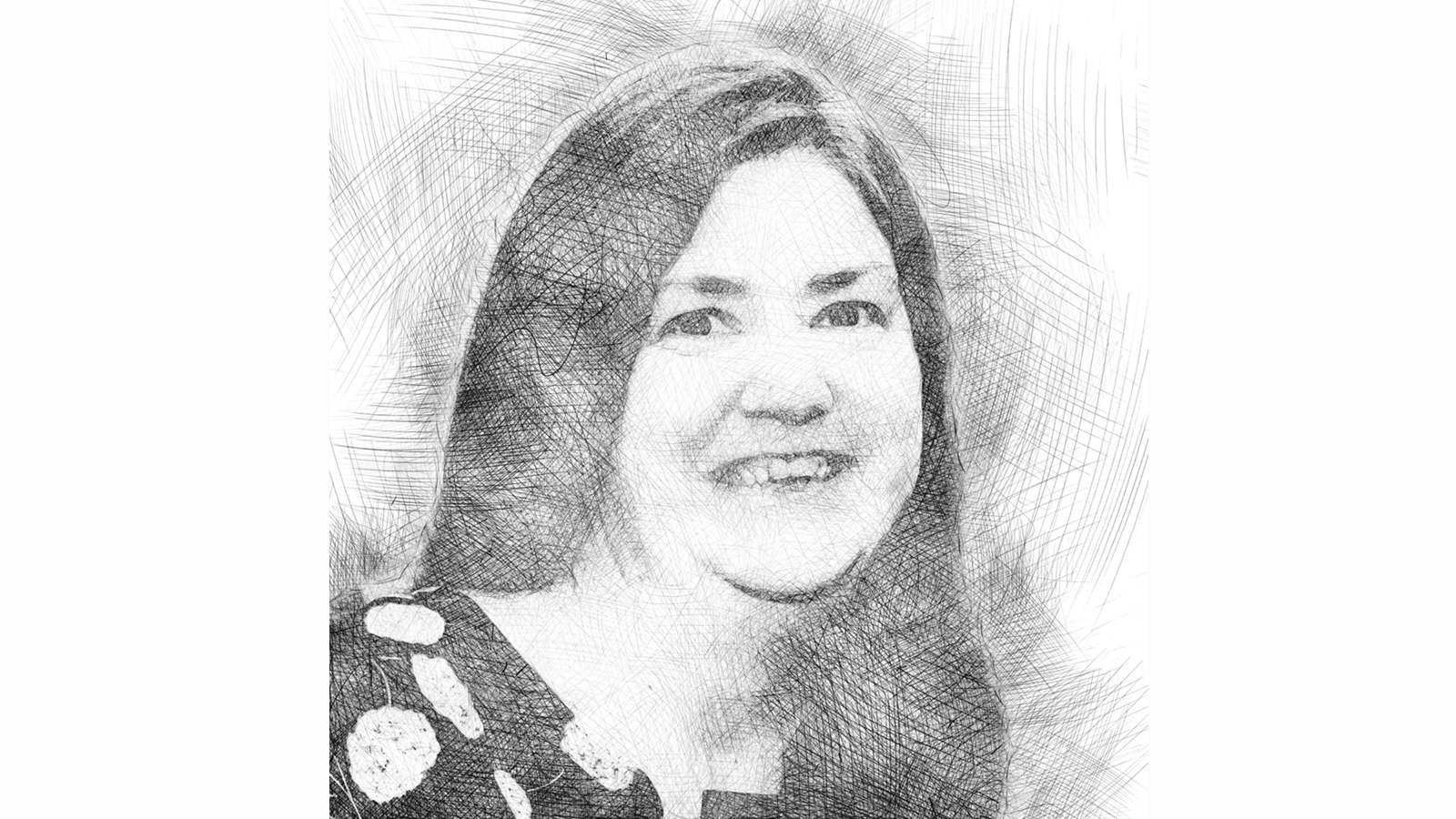
Tammy Black, Communications Vice President
Immune Deficiency Foundation
I think we've all redefined what communities look like in the last two years. No longer tied to geographic location, we can really think about the ways in which we can connect with one another. For individuals with rare conditions, we're suddenly more able to connect than ever, making our communities larger, stronger and more diverse.
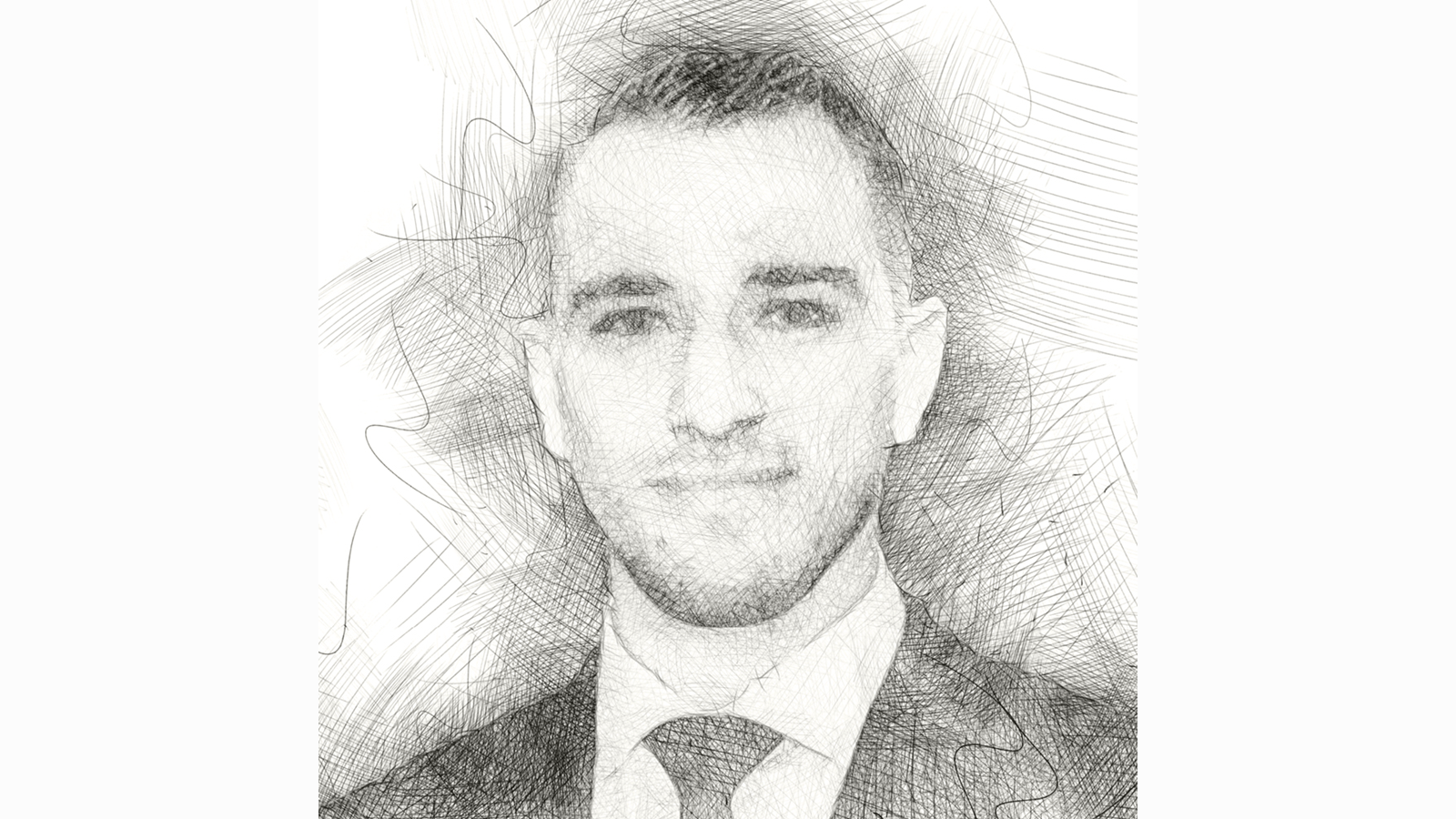
Uplifting Athletes
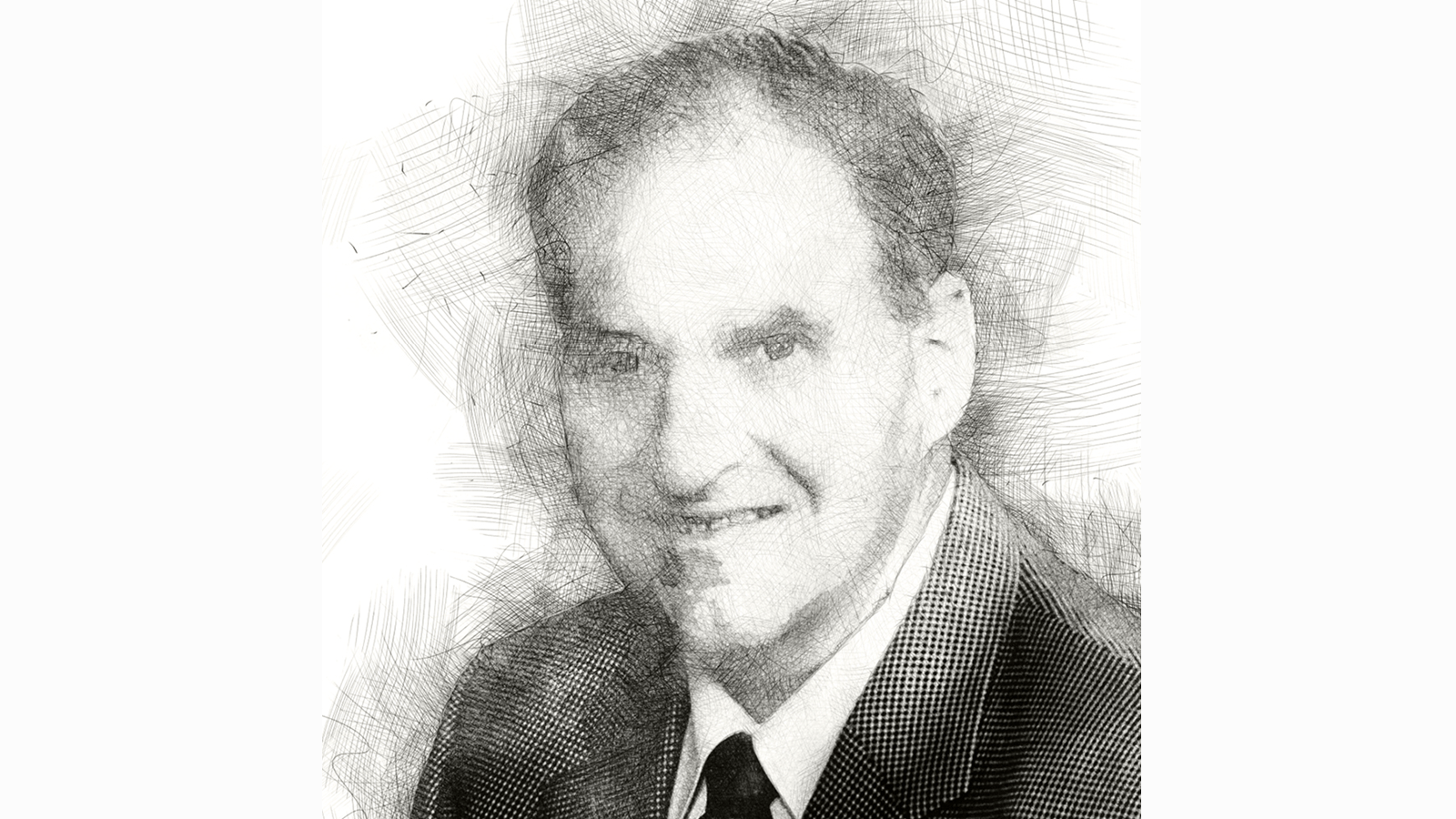
Dr. Leonard Valentino, President and CEO
National Hemophilia Foundation - - New York, New York
The community will be stronger and more aligned in its resolve towards thriving.
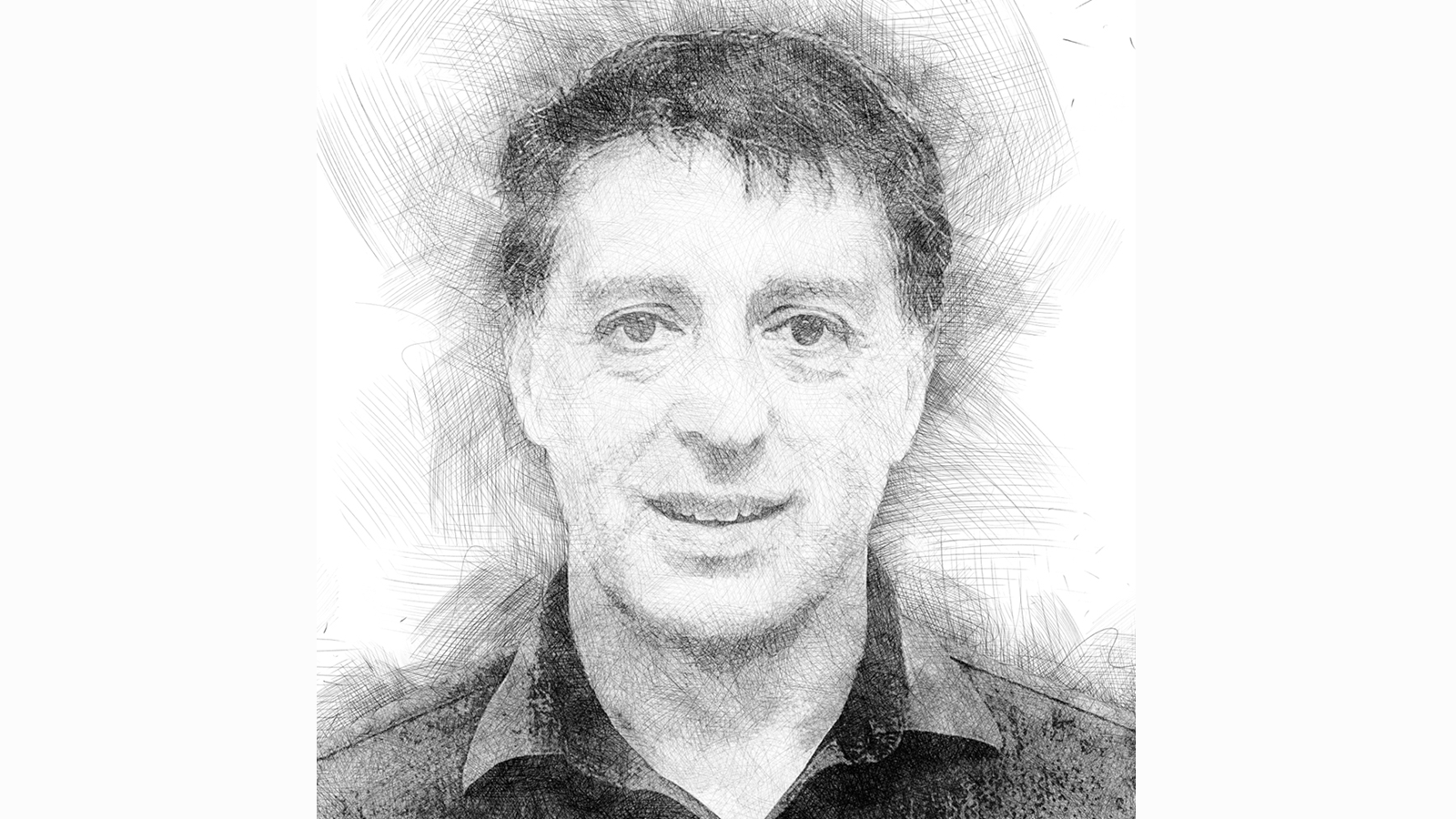
Nathan Roth, Vice President Plasma Product Development
CSL Behring
We are all beginning to realize that the pandemic is not just a one-time event but something we may face on a seasonal basis. So, I think we will begin to adapt appropriately and find the right times and places where community can be through safe face-to-face interactions and times where it is much safer for our patients to interact through our virtual connected worlds.
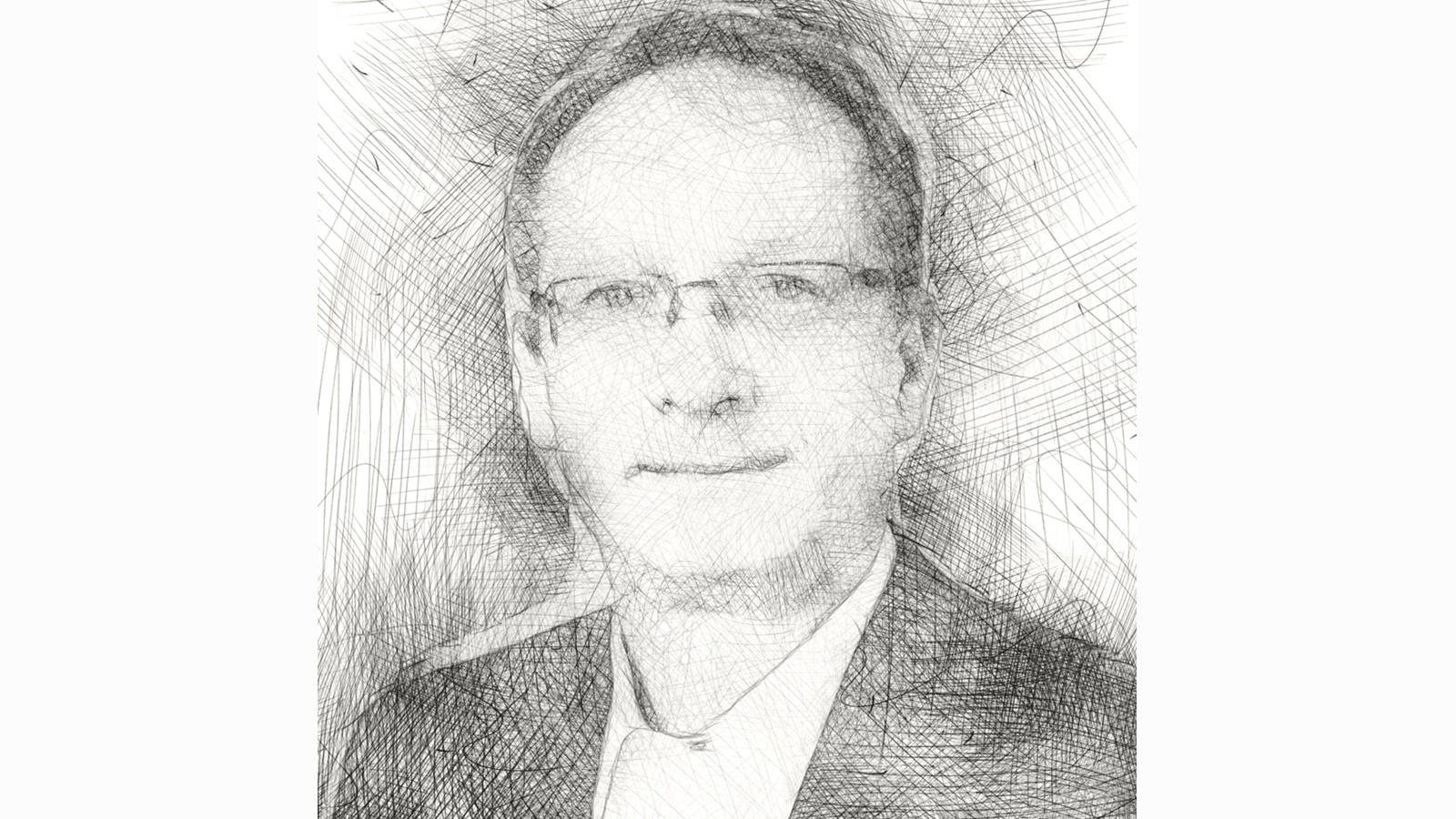
Lutz Bonacker, Senior Vice President and GM for Commercial Operations Europe
CSL Behring
A very big wish for 2022 is that everyone who is able, should get their vaccination, be it the first, second or the booster jab – for themselves, for their family and for all of us. Let us continue to believe in science and the innovation it allows, thus allowing a community with the normality of human-to-human interactions combined with the choice and not the mandate of virtual interactions.
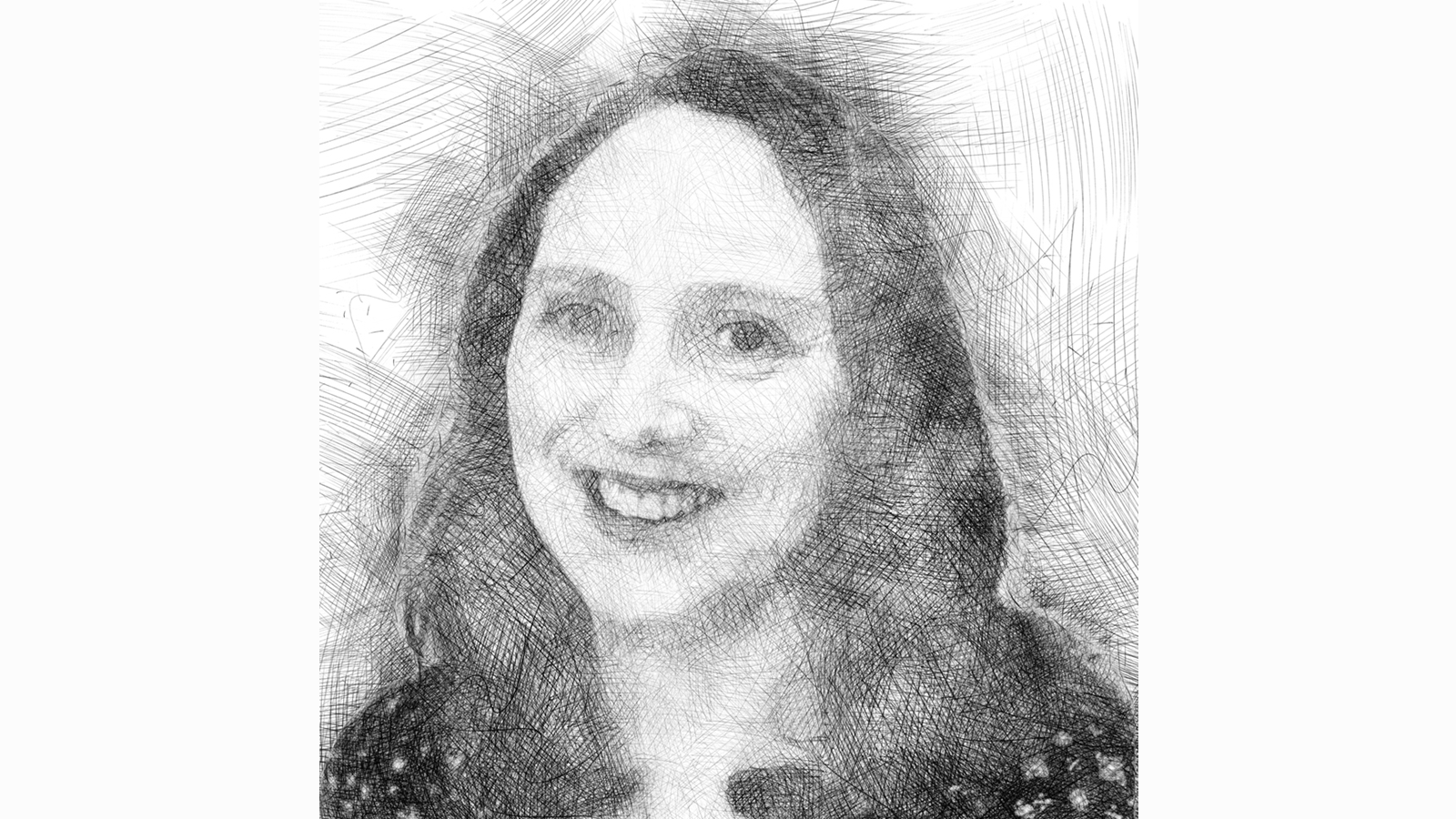
Nicole Millis, CEO
Rare Voices Australia
Above all else, looking after and being kind to one another is an essential part of any community. The safety and well-being of people – especially those living with a rare disease – must continue to be a priority. Over the last two years, like most people, the rare disease community has been unable to gather in person. Rare Voices Australia (RVA) has repeatedly heard from people living with a rare disease that they miss being able to gather with others in-person to share their experiences and enjoy their company. In 2022, we hope that more face-to-face catch-ups are possible for people living with a rare disease and the entire rare disease sector.
As was the case in 2021, RVA will continue to make changes in how we work, engage and collaborate to minimize risks to rare disease stakeholders. That said, the values underpinning how we work will remain consistent. We are person-centered; actively build and maintain partnerships; aim for a unified voice; work for equity of access and participation; equip and empower; are solutions- and results-oriented; are credible; and adopt a systemic focus. Nothing is more powerful than a group of people coming together with a single vision in mind. From a rare disease perspective, the collaborative development and implementation of the National Strategic Action Plan for Rare Diseases is proof of what we can achieve when the sector unites to work towards the best possible health and well-being outcomes for Australians living with a rare disease.
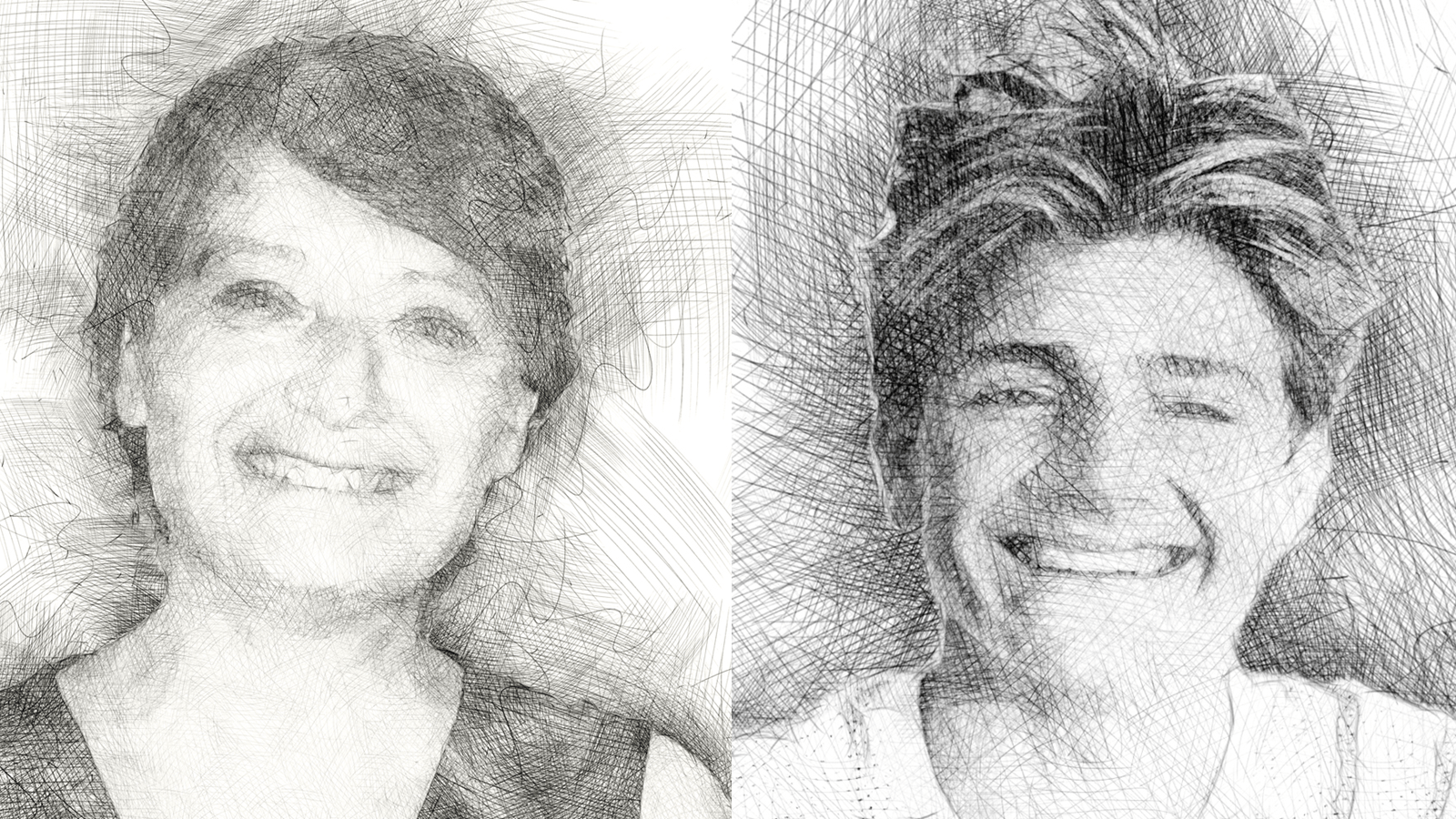
Shane Fitch, Founder and CEO
Lovexair Foundation, a nonprofit assisting patients with respiratory conditions
Community can serve an essential role through home-care support and appropriate treatment and guidance from the health care team, as well as social support for issues related to managing self-care on their own. It's now very important to facilitate how to use tech and improve people’s access and understanding of how to manage self-care so that their health care team can monitor how their patients are doing when unable to have hospital or health care visits. Patient education and support is now a priority and needs to be carried out in a seamless relationship with hospital or primary care healthcare teams also involved.
This is now a key role for patient organizations who can be an integral part of the patient journey together with health care services. Our role, capacity-building, shared communication and understanding is vital.
Fitch’s son, Arran Strong, a competitive surfer and patient advocate
Lovexair Foundation
The community will be stronger than ever, everyone has become more conscious of their health. We are stronger together.
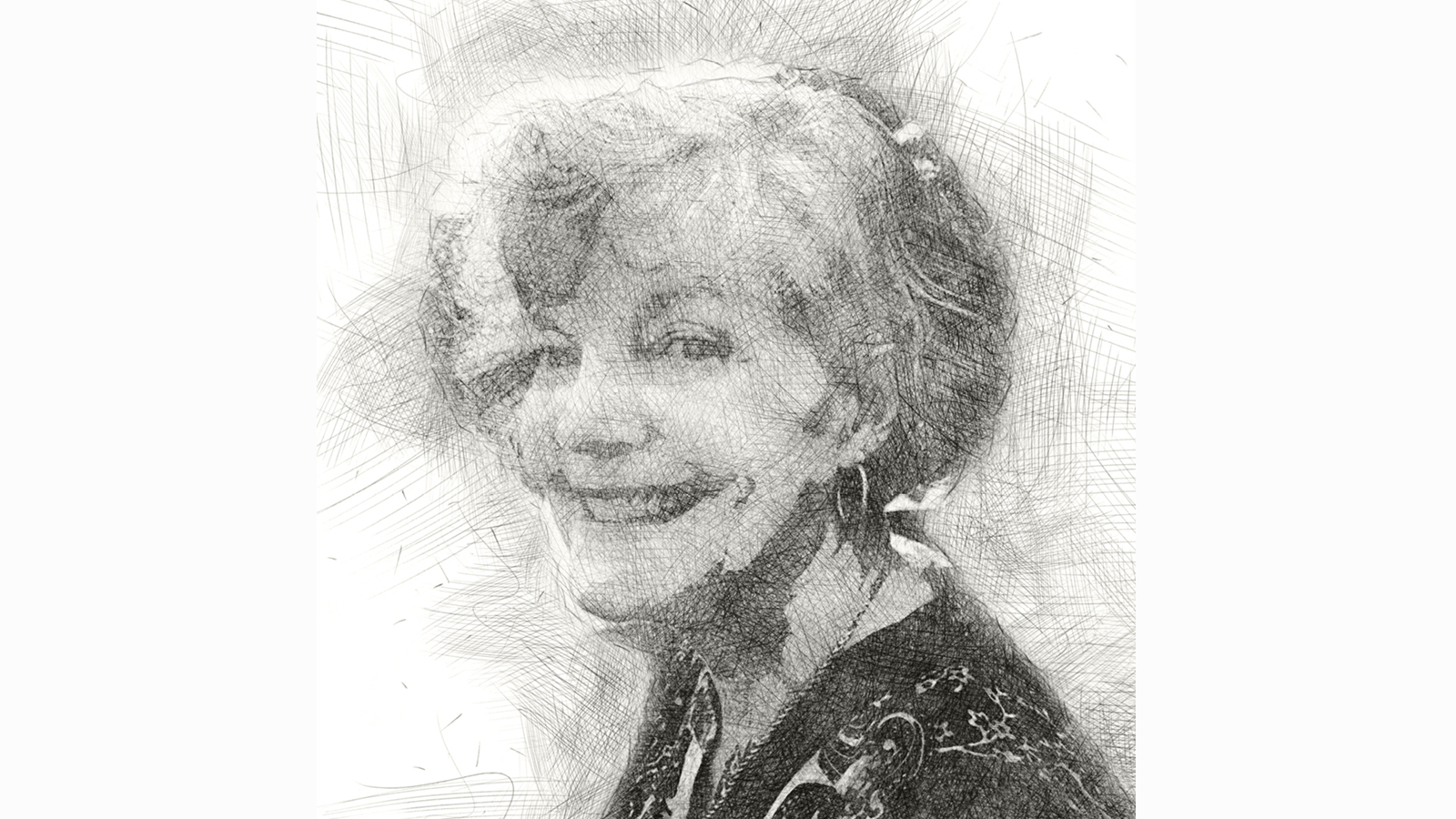
Victoria McCallum, patient
CSL Plasma’s Adopt-A-Patient program
In 2022, I believe our community will broaden its use of virtual meetings and virtual jobs which should unite our common desire to improve the lives of people living with rare health conditions. This will allow more opportunities for a greater number of participants in various activities that once were held only in person. I also believe 2022 will bring the possibility of new research opportunities. We always share the hope of new treatments and cures in the future!
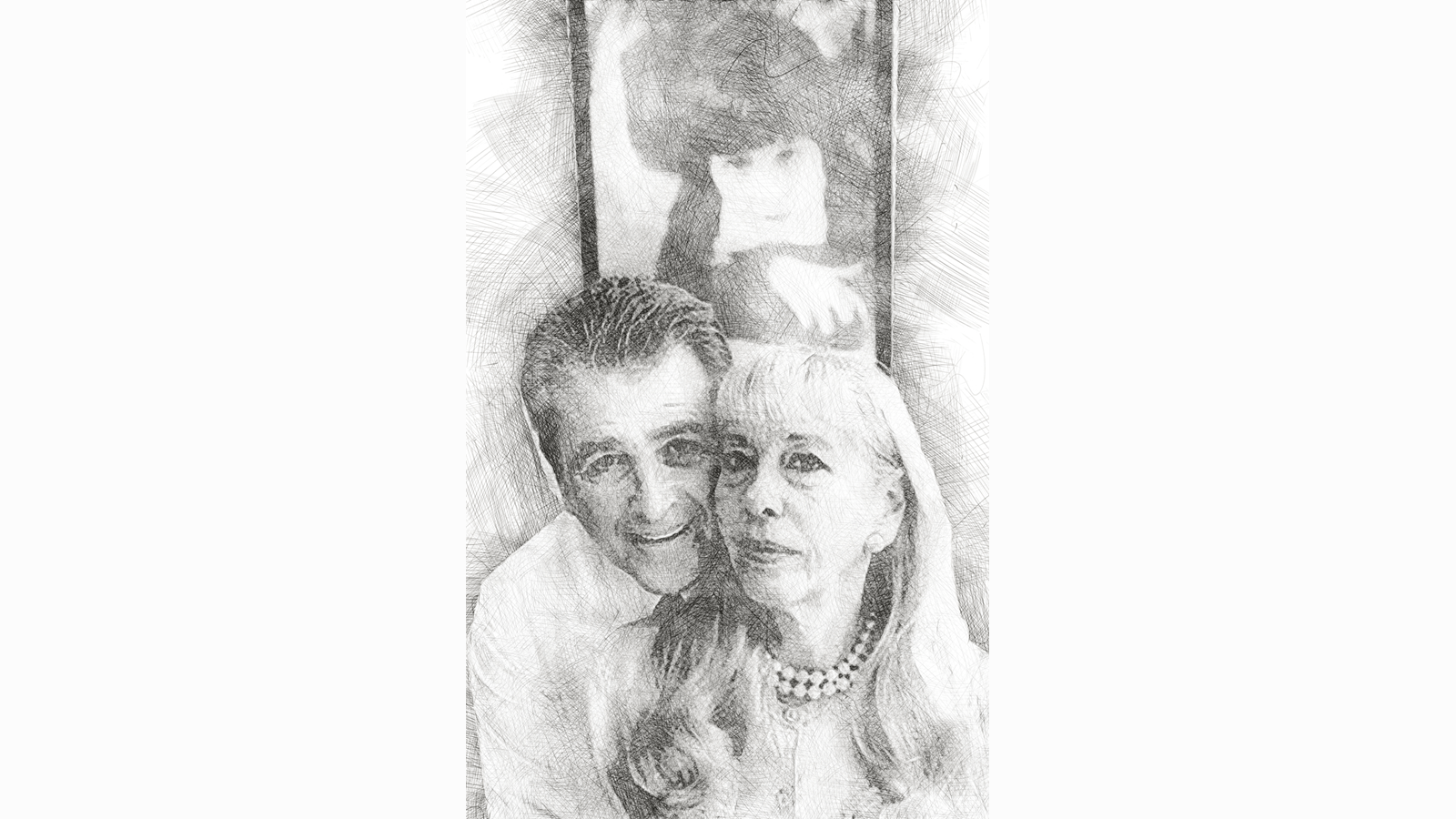
Vicki and Fred Modell, Founders
Jeffrey Modell Foundation
As we look forward to the New Year 2022, we hope that there is light at the end of the tunnel and a rainbow to follow – and a time with less uncertainties. Perhaps we will see a return to some normalcy and continued resilience in our patient community. We hope that in the new year rare diseases will continue to benefit, because more and more treatments are being developed, new discoveries are being made and there is a much greater awareness of rare and serious conditions.
Our warmest wishes for renewal, happiness, and good health for our community of Primary Immunodeficient patients worldwide.
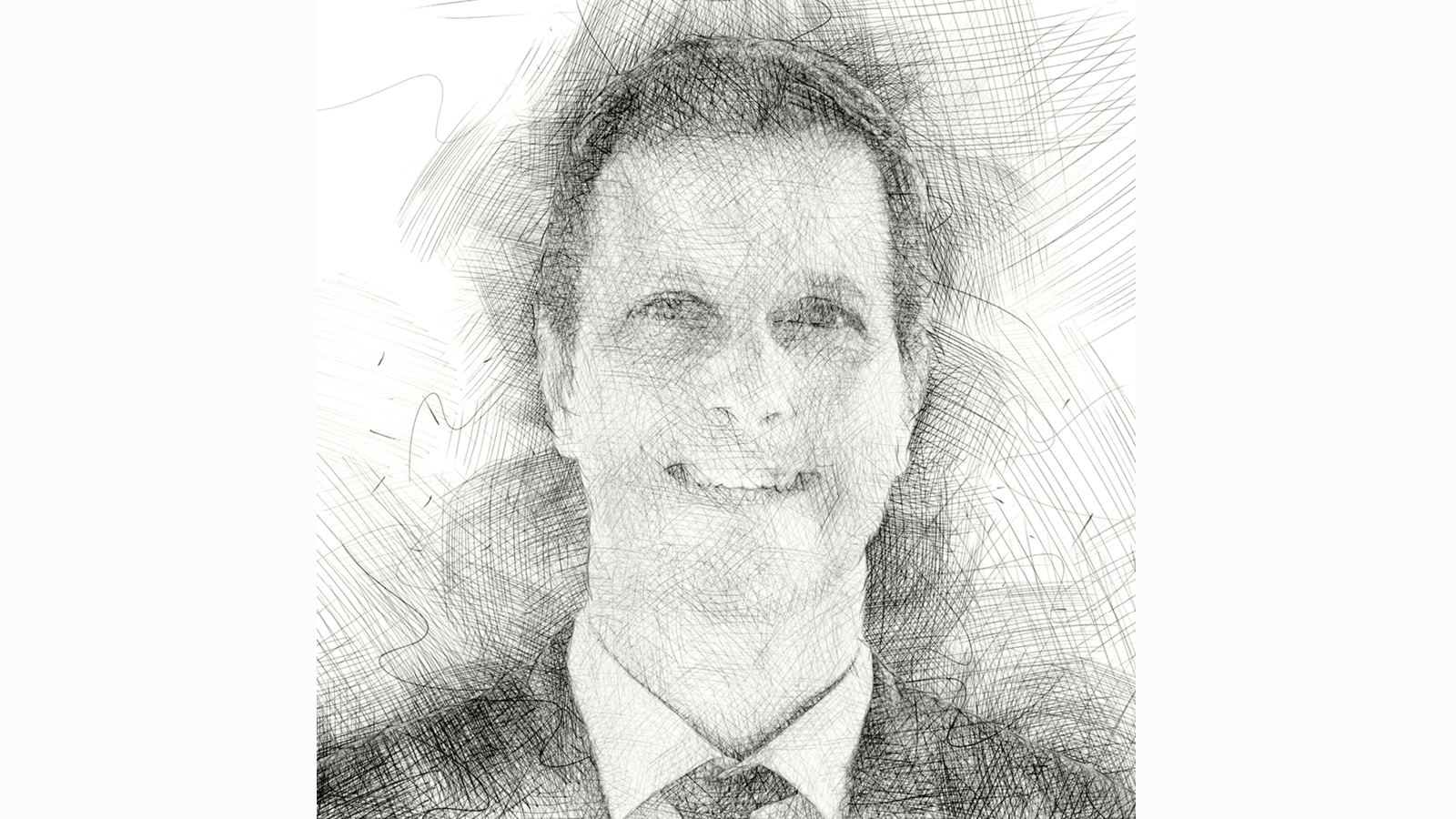
Johan Prevot, Executive Director
International Patient Organisation for Primary Immunodeficiencies (IPOPI)
I believe the PID (primary immunodeficiency disease) community has come out stronger despite the hurdles we have been facing. The pandemic has reinforced IPOPI’s long-time belief that we are stronger when we work together. 2022 won’t be an easy year when it comes to access to IG therapies for example, but we remain determined to tackle these issues head on.
2022 will also present us with new opportunities. IPOPI decided, for example, to move its International Primary Immunodeficiencies Congress (IPIC 5th edition) to 27-29 April 2022 in Vilamoura, Portugal. As we have gradually witnessed a return to more in-person events, we look forward to organizing the first in-person international scientific conference on PIDs in the last two years and bring PID stakeholders together to discuss latest developments in the field including on PID clinical care advances. Later in the year we are planning a Global Summit to discuss the future of the PID field and will also organize our XVIIth Global Patients Meeting in Gothenburg, Sweden in parallel with our long-time partners, ESID (European Society for Immunodeficiencies) and INGID (International Nursing Group for Immunodeficiencies). 2022 will definitely be an action-packed year for our community!
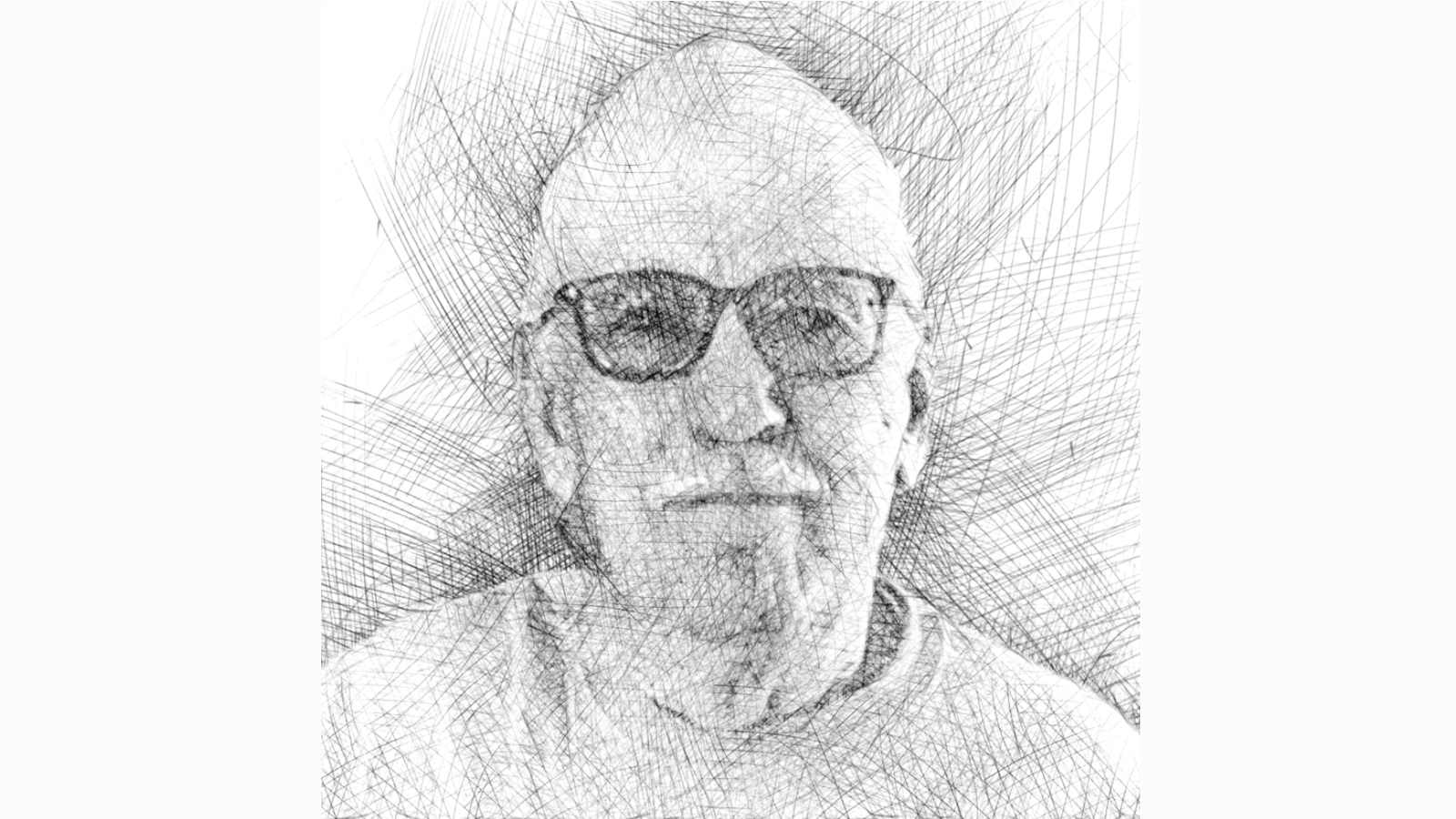
Frank Meuers, patient
CSL Plasma Adopt-A-Patient Program
We see ourselves as survivors and advocates for good treatment, updated information and continued health in spite of setbacks that occur. Because so little is really known about our diseases we serve as pioneers in many ways in the treatment of physical and mental health. Our community is by nature optimistic and forward-looking and will continue to be so.



